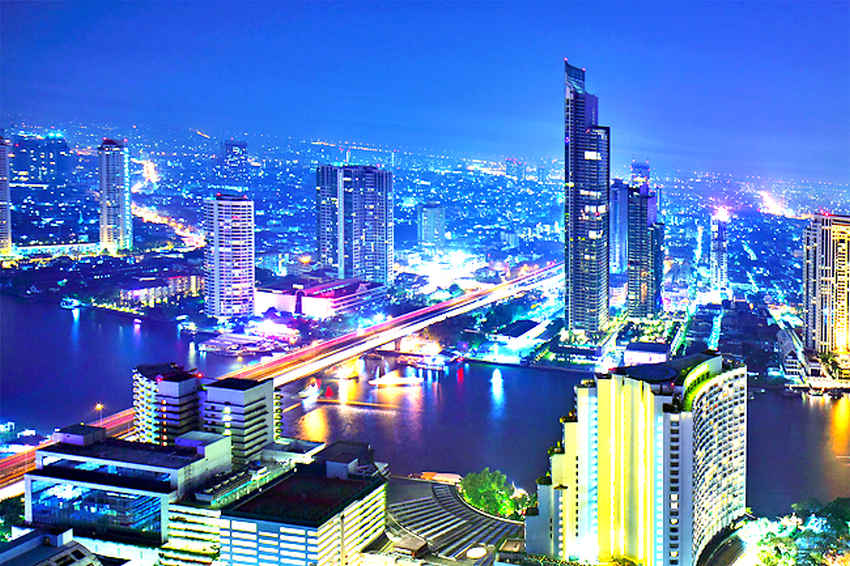
Following decades of fevered debate, Thailand looks set to allow billionaire non-Thais to own property for residential use. The restrictions are substantial. Ownership is limited to one rai (0.16 hectares) and applicants must invest 40 million baht (over US$1 million) in Thai property securities or funds over three years. It’s all part of the Thai government’s stated aim to move from an agricultural and rural society to one based on new technology and high finance.
Foreign ownership is a sensitive matter in Thailand for nationalistic reasons and because most Thai people pay rent and don’t have title deeds. Thus more restrictions will follow before the policy becomes mainstream in the autumn. Sanan Angubolkul, the chair of the Chamber of Commerce, recommends the privilege should be tightened to new properties in designated zones which can then only be resold to Thai citizens.
The latest moves are in direct contrast to the historical debate. In 2003 the Thailand Elite visa was initially marketed on the basis of allowing card holders to buy freehold property (rather than just condos), but the concession was withdrawn after opposition in Parliament. In 2006, there was a wholesale revision of visa rules with the half-promise that those with one year retirement or marriage permit would be able to buy one rai of land provided they built a house and lived in it. Nothing came of that either.
The 2022 changes have nothing to do with the typical expat, but are geared towards wealthy international investors. The government is keen to attract skilled workers, professionals and retirees (nothing to do with a measly 800,000 baht in the bank) who are looking for a 10 year visa, tax benefits and flexibility to work without immigration harassment. But the key is ownership of freehold estate.
All the compasses point to China first and foremost. Already, half the condominium units owned by foreigners in key Thai cities, including Bangkok and Pattaya, are in Chinese hands. Board of Investment figures show that nearly 300 billion baht was invested by Chinese companies and individuals in pre-pandemic Thailand. A recent report by the Siam Commercial Bank lists China as the key international driver of the Thai economy overall.
Prior to Covid, Chinese visitors amounted to around one third of all arriving air passengers, a trend likely to resume next year. There is a close link between tourism and investment and many major Chinese cities are within two-hours flight time to Bangkok. China is a major partner in the Eastern Economic Corridor which has already dramatically changed the Pattaya hinterland and is funding most infrastructure projects within a fifty mile radius. China is here for the long term.
 |
 |
 |





